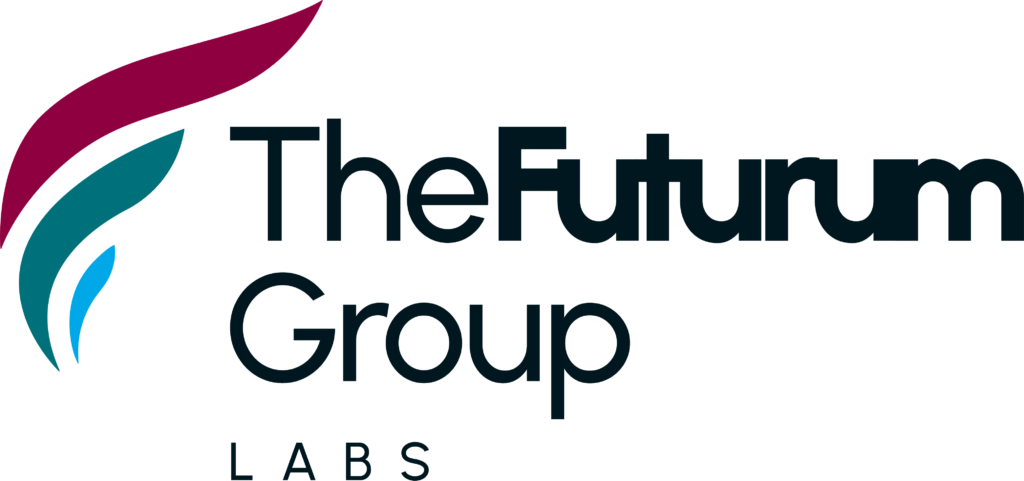Last year, Oracle completed its acquisition of Sun Microsystems. At the time there was much speculation regarding the future of Sun’s server and storage hardware business and I heard a number of well thought out opinions. But two seemed to stand out, both in opposition to one another:
1. Sun’s hardware business doesn’t return the same high net profit margin as Oracle’s software business, therefore Oracle will wind it down, sell it off, or otherwise dispose of it over time because it will drag down overall profitability.
2. While the Sun hardware business doesn’t offer the same profitability as software and applications, with work it could be brought in line with Oracle’s other businesses. Therefore Oracle will keep it and find a way to make it profitable enough so as not to be a drag on overall profitability.
Last week, Oracle outlined its storage strategy and in doing so removed a lingering question mark that has been hanging over the acquisition since it was announced by making the following statement: “First and foremost, Oracle will deliver storage that helps Oracle platforms run faster. Oracle will continue to invest in storage hardware development, so long as that investment propels Oracle platform growth and market acceptance.” Personally, it was not the statement I had expected, but I’ve learned to live with it.
Mark Hurd, former HP CEO and now Oracle’s president, began the Oracle storage strategy session with the obligatory references to overwhelming data growth. I say “obligatory” because nearly every storage vendor pitch I see lately frames the discussion of why the market needs product x in terms of voluminous data growth and the opportunity that data growth presents to vendor x for managing it.
Hurd’s presentation began in this now classic fashion as he pointed to analyst prognostications of a world where we would be awash in a 35,000 exabyte sea of data by 2020. But then he took an unexpected turn. He began to talk about the need for tighter integration between storage and data sets, and to that end, Oracle storage going forward would be tightly integrated with Oracle platforms. That struck me as odd because nearly everyone in the storage industry agrees that what is driving 80 percent of data growth these days is the creation of unstructured data. In that Oracle lives generally in the realm of structured data, I wondered why he was making a big play for the remaining 20 percent of the storage market. Wouldn’t he want to address the much larger market segment–unstructured data–first and foremost?
Actually no. What I think Oracle ultimately wants to do is to throw two storage vendors out of Oracle accounts that have been making a very profitable living off of opportunities Oracle has created for them. Those vendors are EMC and NetApp. Oracle wants the storage business within Oracle accounts. To get it, it will have to take on EMC and NetApp and send them packing. The stuff about the 35,000 exabyte sea of data was a diversionary tactic. Oracle storage is about Oracle platforms, apps, and solutions.
So how will Oracle push EMC and NetApp out of its accounts? The acquisition of Pillar’s Axiom block storage platform will be positioned against EMC for SAN storage. In addition, the Exadata database engine will also be used to throttle EMC in I/O intensive database environments. And NetApp, who has had a long and successful history of selling file-based storage to Oracle database users, will now see competition from Oracle itself in the form of a ZFS-based NAS appliance.
Oracle is doing the unexpected. While it says it will be selling general purpose, best of breed storage to anyone who wants it, Phil Bullinger who is now Oracle’s storage SVP, left no doubt about the real objective: “First and foremost, we will deliver storage that helps Oracle platforms run faster.” Think of it as best of breed storage for Oracle database apps. And as with the fully integrated computing “stack” offerings that are now appearing, the question for users is how much control over your environment do you want to hand over to a single vendor?
EMC and NetaApp are about to see competition from an applications vendor, one that can call on contacts within its accounts that storage vendors have traditionally had trouble reaching. And while the attraction for Oracle may not be in selling storage for 35,000 exabytes worth of data, displacing EMC and NetApp in Oracle accounts represents a very profitable, multi-billion dollar opportunity.

